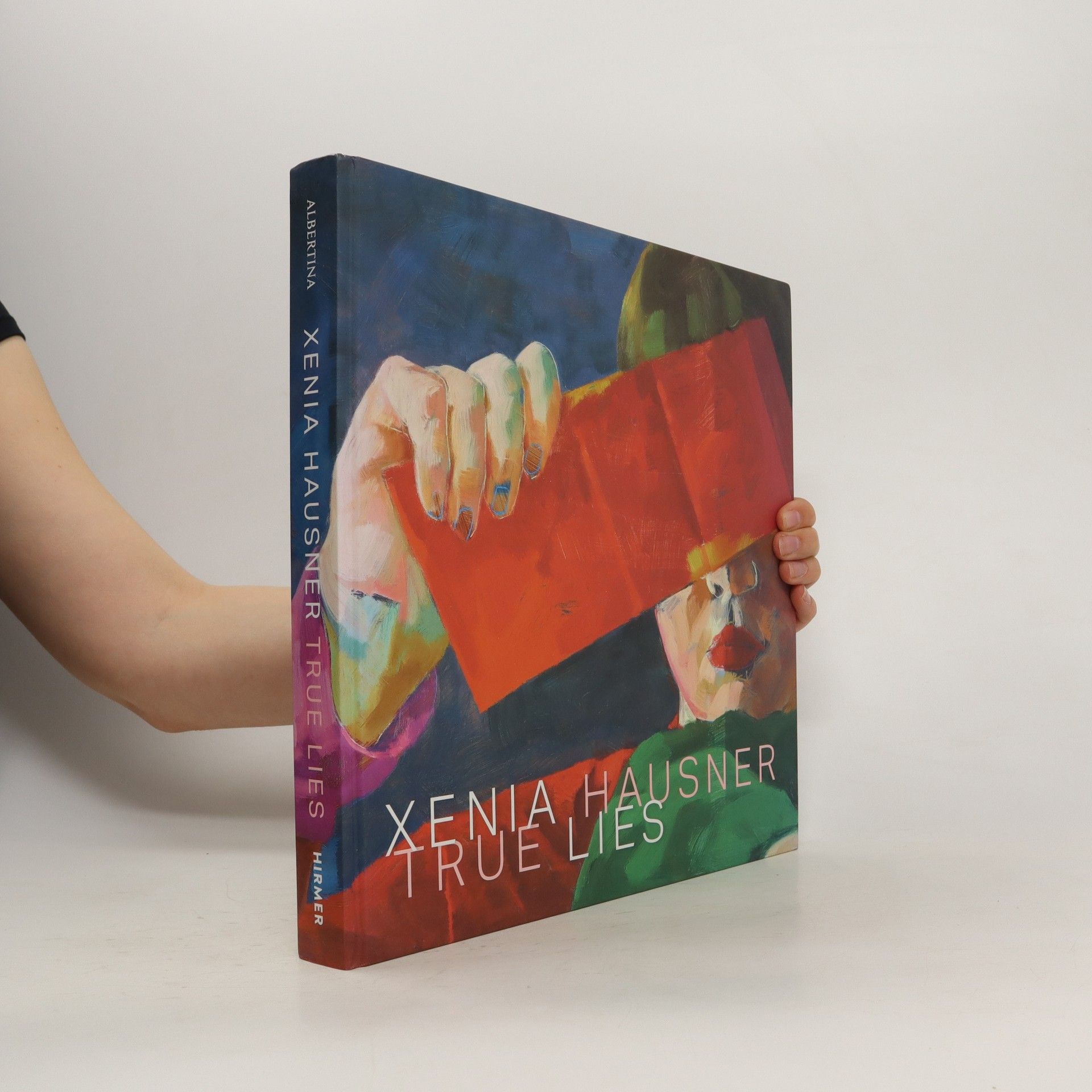THE INTERNATIONAL BESTSELLER 'The most brilliant and fascinating book I have read in my entire life' Dan Snow 'A huge contribution... remarkable' Antony Beevor, BBC RADIO 4 'Extremely interesting ... a serious piece of scholarship, very well researched' Ian Kershaw The Nazis presented themselves as warriors against moral degeneracy. Yet, as Norman Ohler's gripping bestseller reveals, the entire Third Reich was permeated with drugs: cocaine, heroin, morphine and, most of all, methamphetamines, or crystal meth, used by everyone from factory workers to housewives, and crucial to troops' resilience - even partly explaining German victory in 1940. The promiscuous use of drugs at the very highest levels also impaired and confused decision-making, with Hitler and his entourage taking refuge in potentially lethal cocktails of stimulants administered by the physician Dr Morell as the war turned against Germany. While drugs cannot on their own explain the events of the Second World War or its outcome, Ohler shows, they change our understanding of it. Blitzed forms a crucial missing piece of the story.
Shaun Whiteside Books
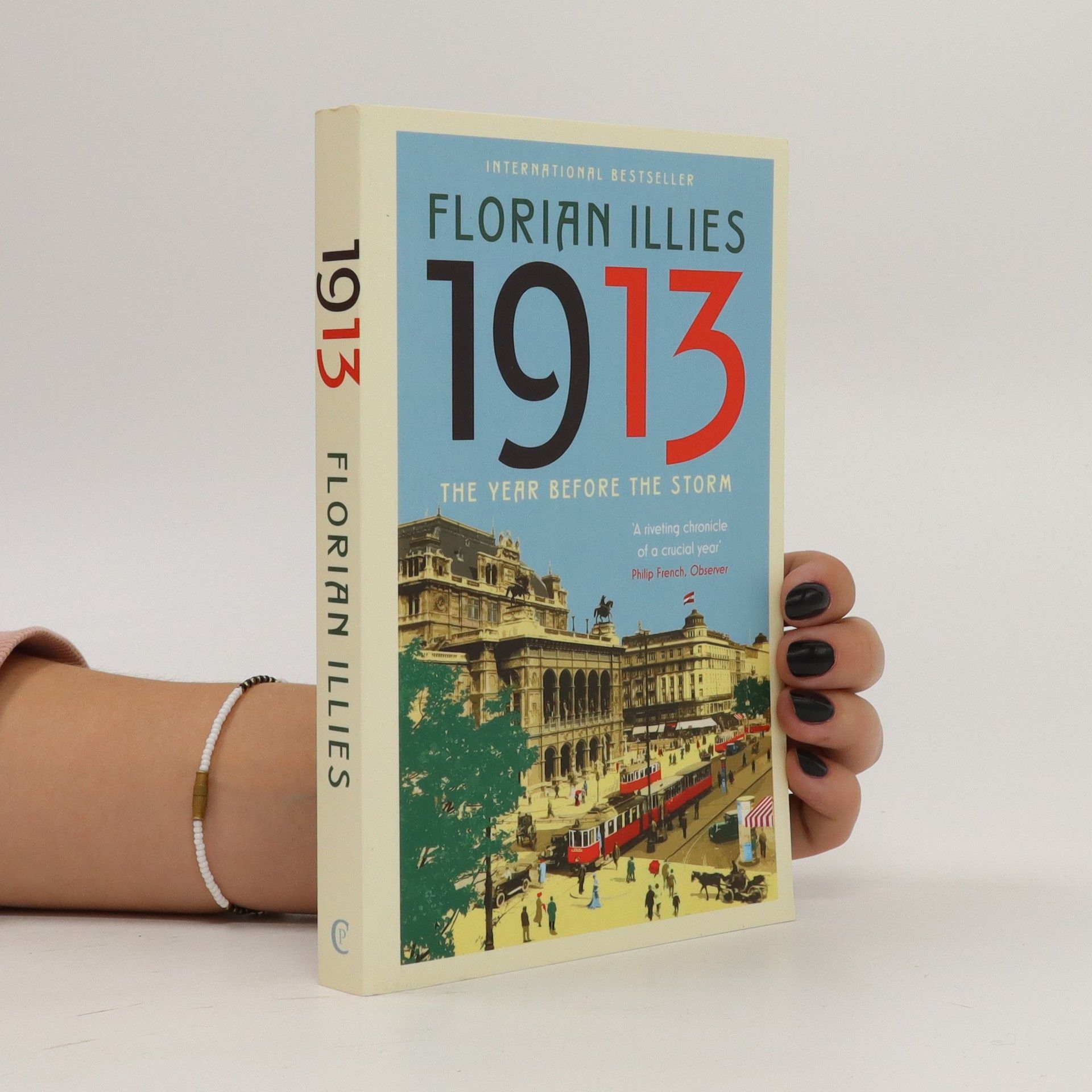
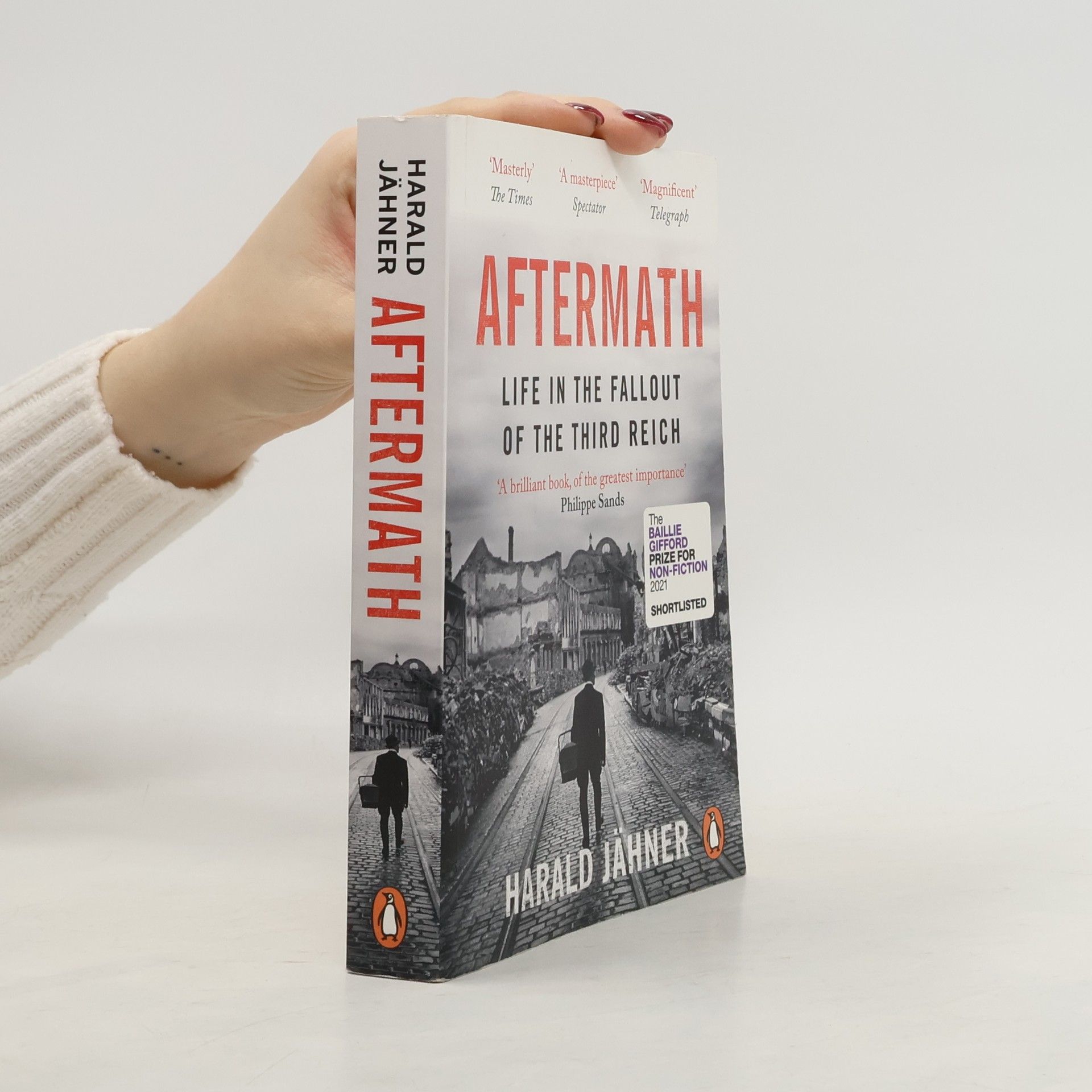
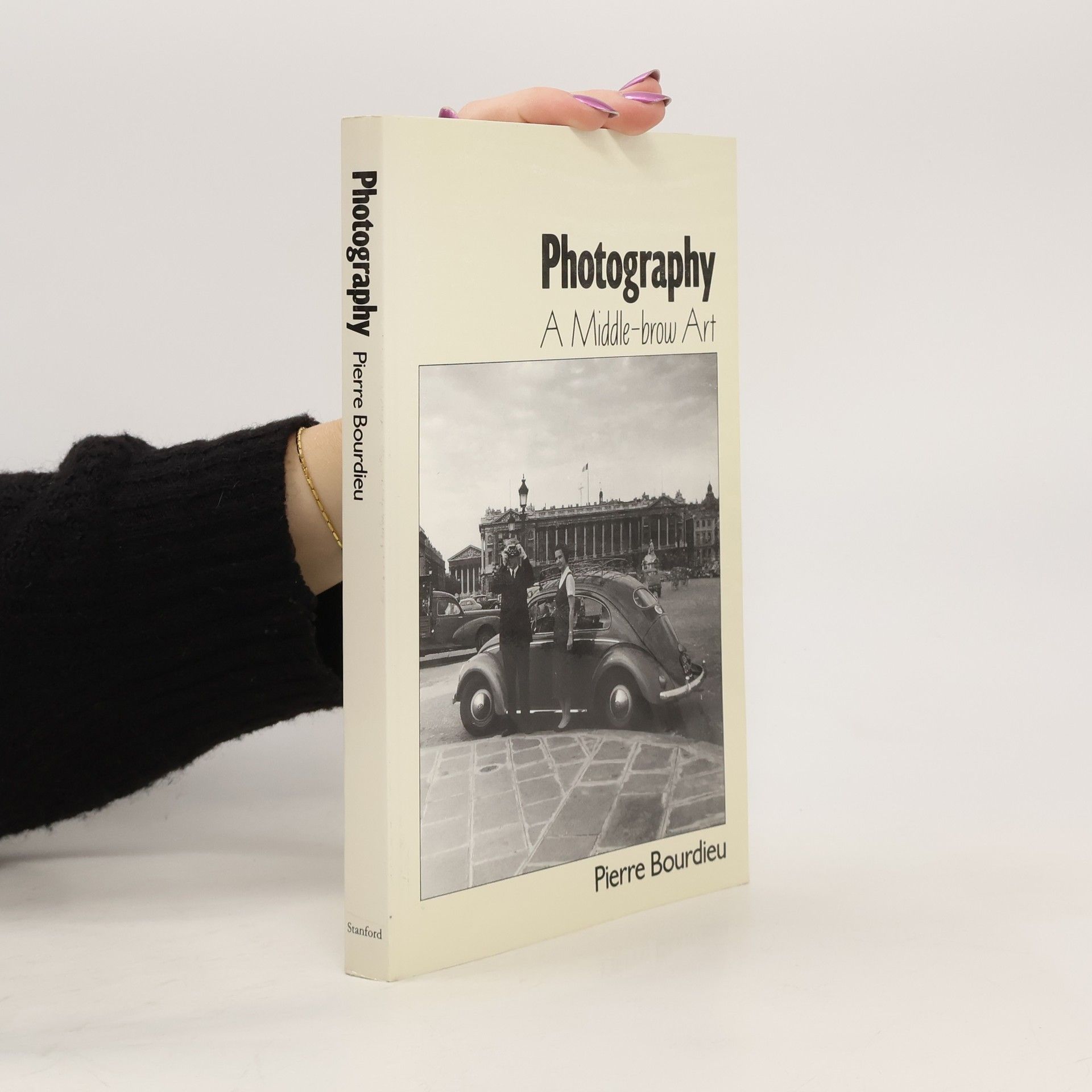
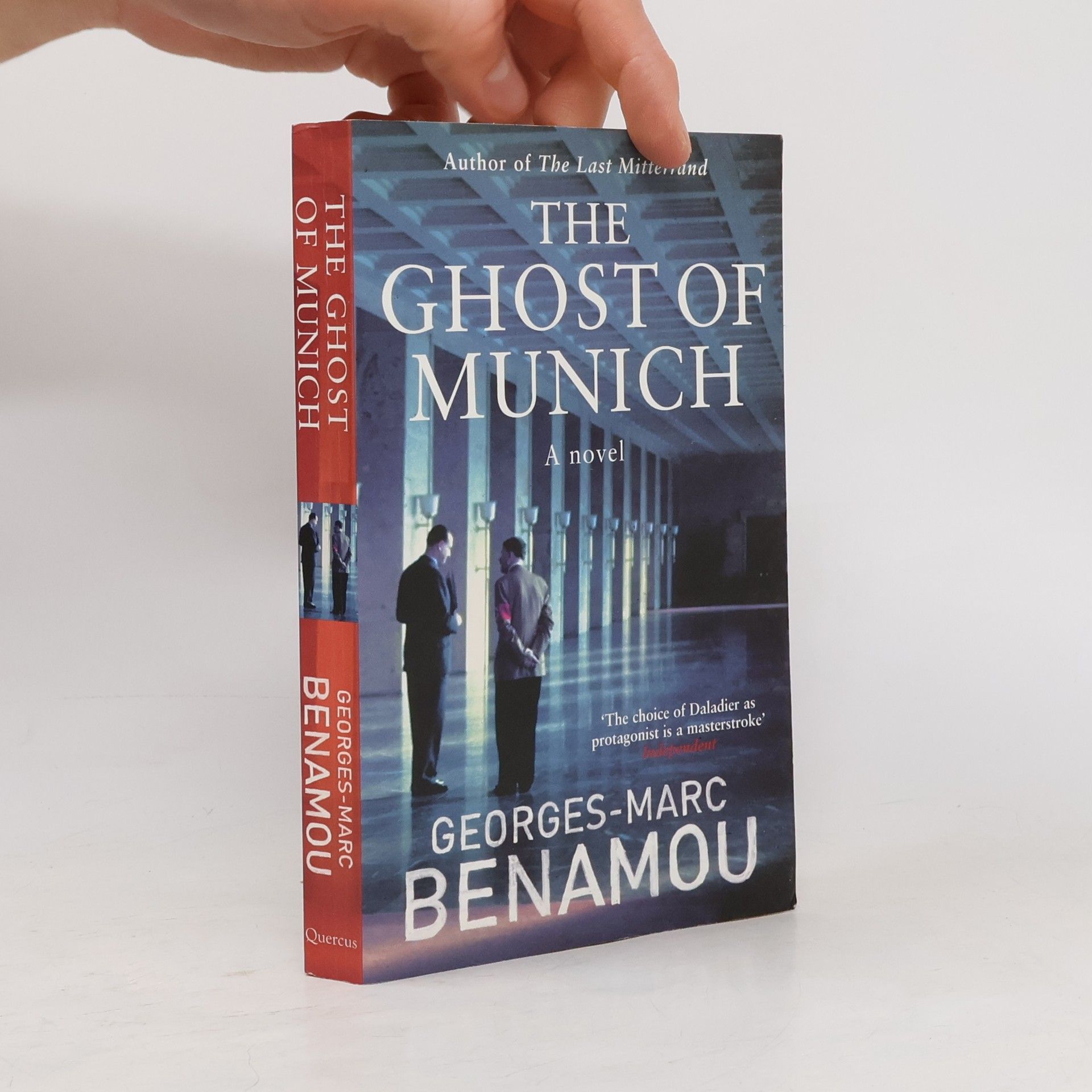
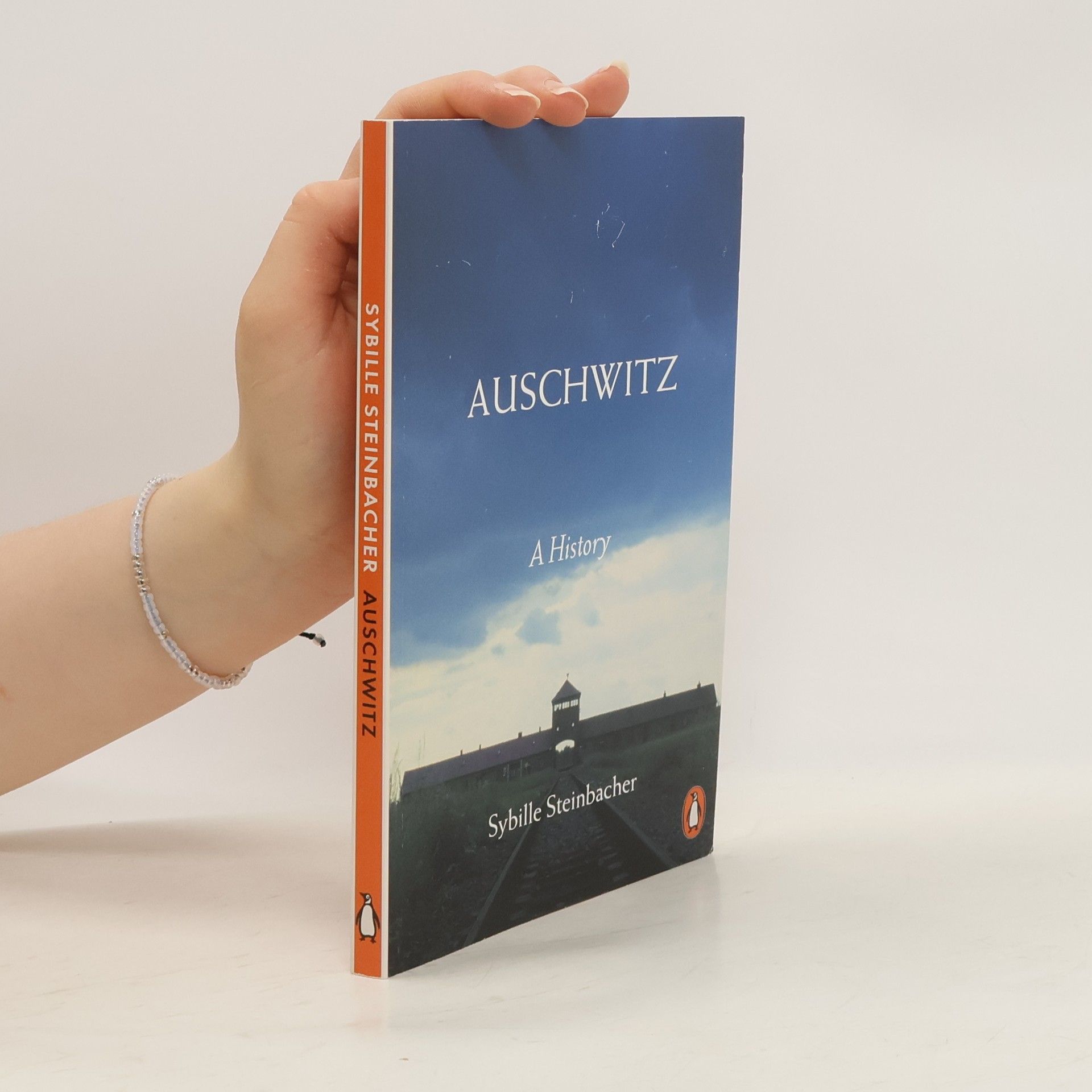

Auschwitz
- 176 pages
- 7 hours of reading
At the terrible heart of the modern age lies Auschwitz. In a total inversion of earlier hopes about the use of science and technology to improve, extend and protect human life, Auschwitz manipulated the same systems to quite different ends. In Sybille Steinbacher's terse, powerful new book, the reader is led through the process by which something unthinkable to any European in the 1930s had become a sprawling, industrial reality during the course of the world war. How Auschwitz grew and mutated into an entire dreadful city, how both those who managed it and those who were killed by it came to be in Poland in the 1940s, and how it was allowed to happen, is something everyone needs to understand.
September 29th 1938. The day the fate of Czechoslovakia was sealed by the Munich Agreement. Hitler, Mussolini, Chamberlain and - the phantom of Munich, Edouard Daladier, president of the French Council. Summer 1968. A mysterious American journalist, young, female, Czech in origin - lands on a small island in the Rhone river. Her mission is to find Edouard Daladier, who is widely believed to be dead and to persuade him, as the only living witness to the events of Munich to let her have access to his extraordinary archive and to tell her his secrets.Daladier is a recluse, obsessed with history and his part in it but the journalist succeeds in drawing from him the astonishing story of the betrayal of a nation. Scene by scene, hour by hour the reader accompanies Daladier from his departure to Munich to his triumphant, but ultimately tragic return to Paris. In Munich we sit with him and the other leaders at the negotiation table, at lunch, in and out of each other's seats, hotel rooms and cars. The tensions of the fateful day build up, the political twists and turns and the personal intensities are described with insight and humour. "The Ghost of Munich" has the sharpness of a film, the drama of tragedy and the truth of history. -- Publisher details.
The everyday practice of photography by millions of amateur photographers may seem to be a spontaneous and highly personal activity. But France's leading sociologist and cultural theorist shows that few cultural activities are more structured and systematic than photography.
Aftermath : Life In the Fallout Of the Third Reich
- 400 pages
- 14 hours of reading
"A revelatory history of the transformational decade after World War II when Germany raised itself out of the ashes of defeat, turned away from fascism, and reckoned with the corruption of its soul, and the horrors of the Holocaust"--
A witty yet moving narrative worked up from sketched biographical fragments, 1913 is an intimate vision of a world that is about to change forever.The stuffy conventions of the nineteenth century are receding into the past, and 1913 heralds a new age of unlimited possibility. Kafka falls in love; Louis Armstrong learns to play the trumpet; a young seamstress called Coco Chanel opens her first boutique; Charlie Chaplin signs his first movie contract; and new drugs like cocaine usher in an age of decadence.Yet everywhere there is the premonition of ruin - the number 13 is omnipresent, and in London, Paris and Vienna, artists take the omen and act as if there were no tomorrow. In a Munich hotel lobby, Rilke and Freud discuss beauty and transience; Proust sets out in search of lost time; and while Stravinsky celebrates the Rite of Spring with industrial cacophony, an Austrian postcard painter by the name of Adolf Hitler sells his conventional cityscapes.
Inspector Maigret: The Saint-Fiacre Affair
- 160 pages
- 6 hours of reading
When an ominous note predicting the time and place of a death finds its way to Maigret's desk in Paris, his investigation brings him to Saint-Fiacre, the place of his birth. It isn't long before a darkness descends on Maigret and the town, as the prediction becomes a brutal reality and the Inspector discovers he is not welcome in the place he once called home. As much a thriller as a meditation on alienation, The Saint-Fiacre Affair displays Simenon's unique and searing perspective of the struggles we all are forced to endure.
The Widower
- 287 pages
- 11 hours of reading
The sequel to "Love Life," this story explores themes of parental redemptive love.


